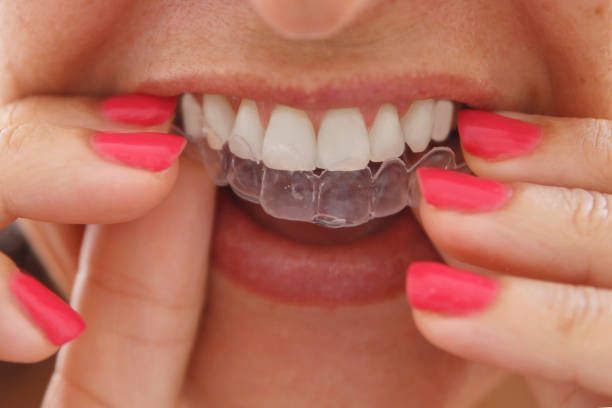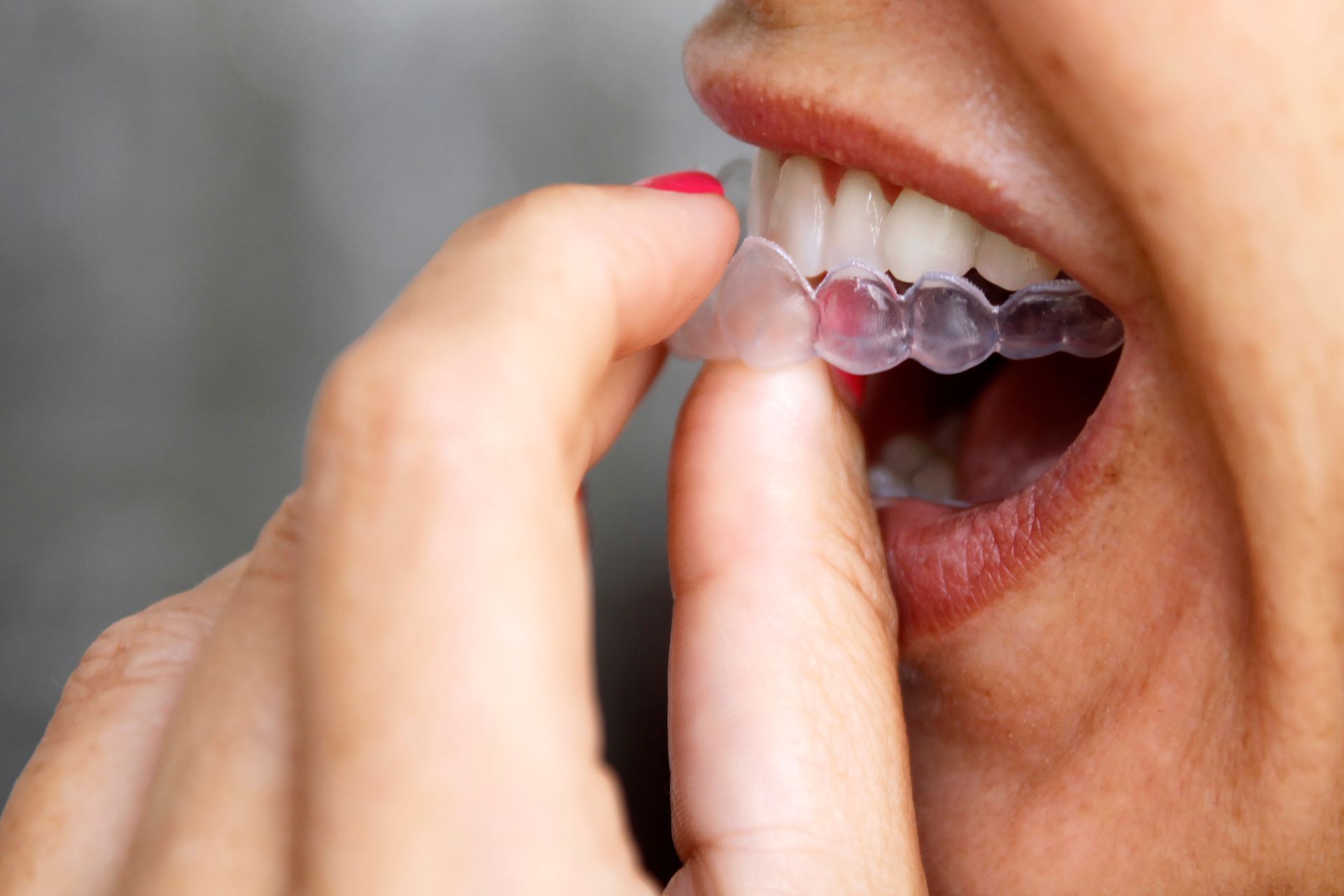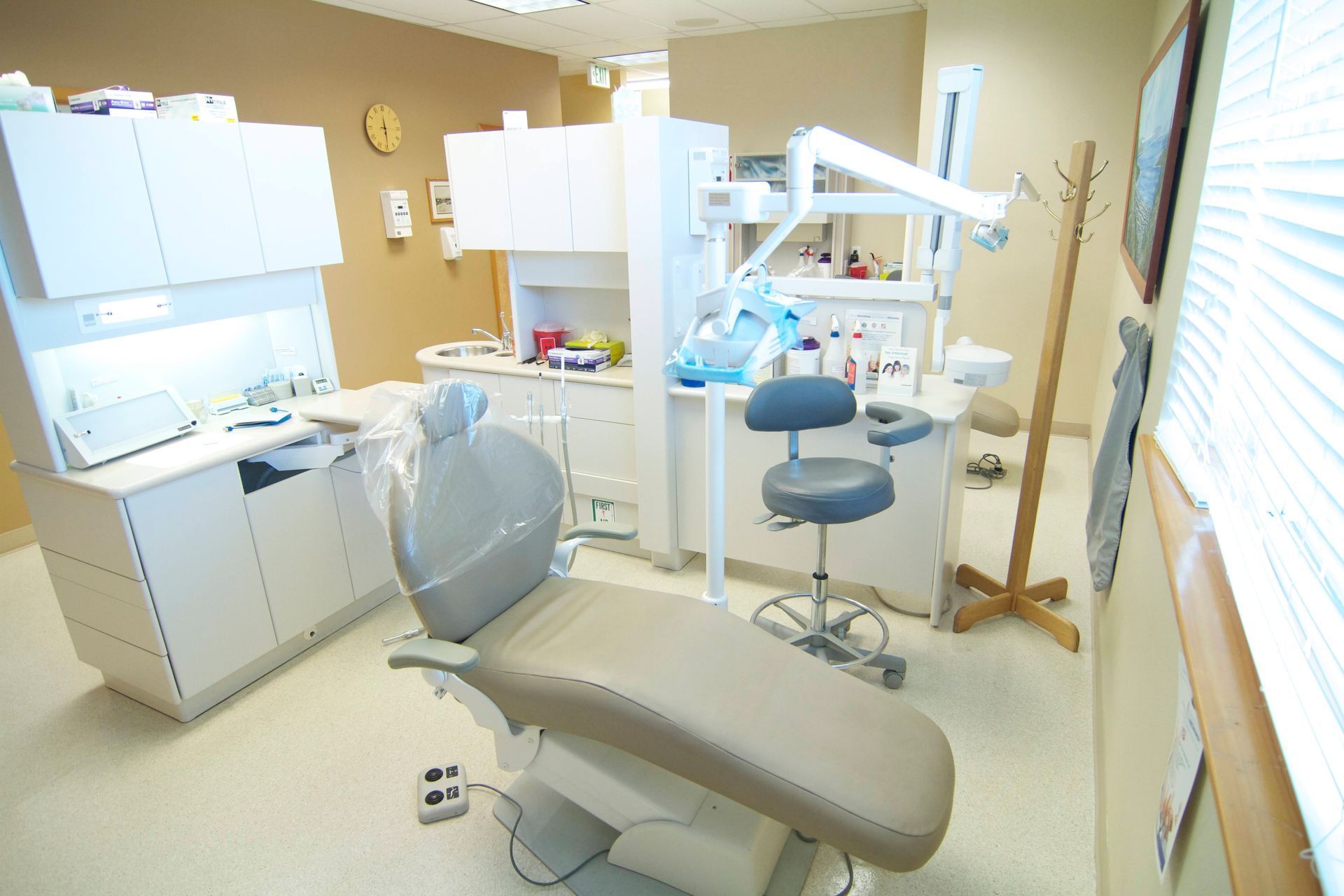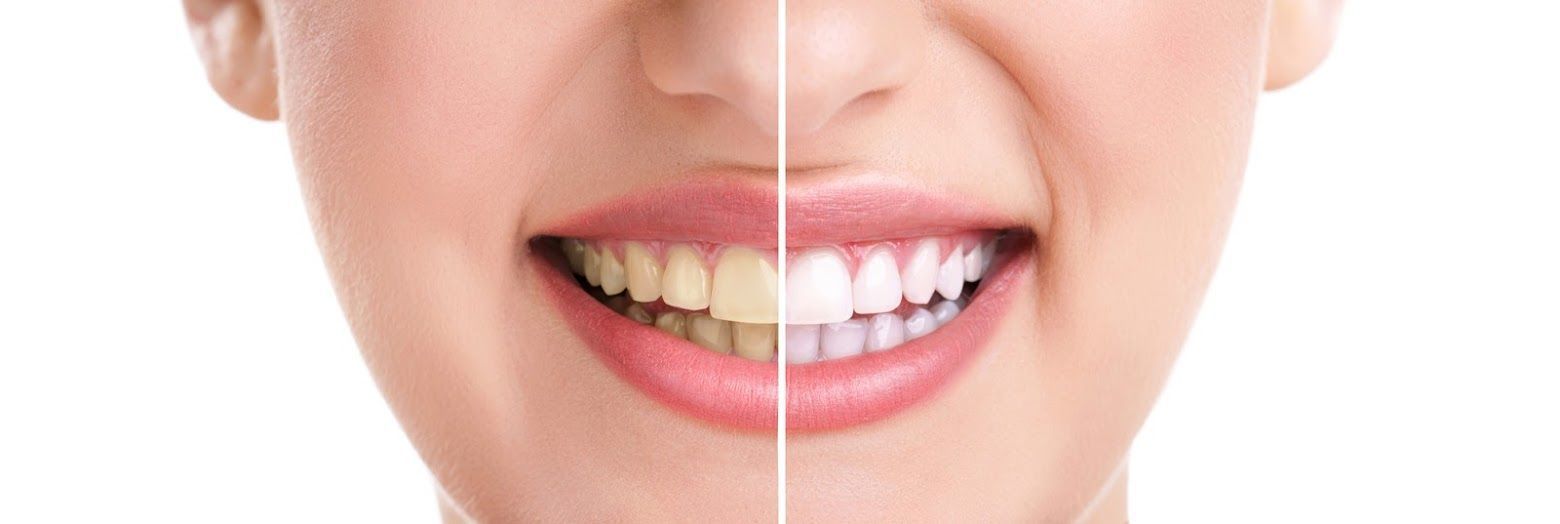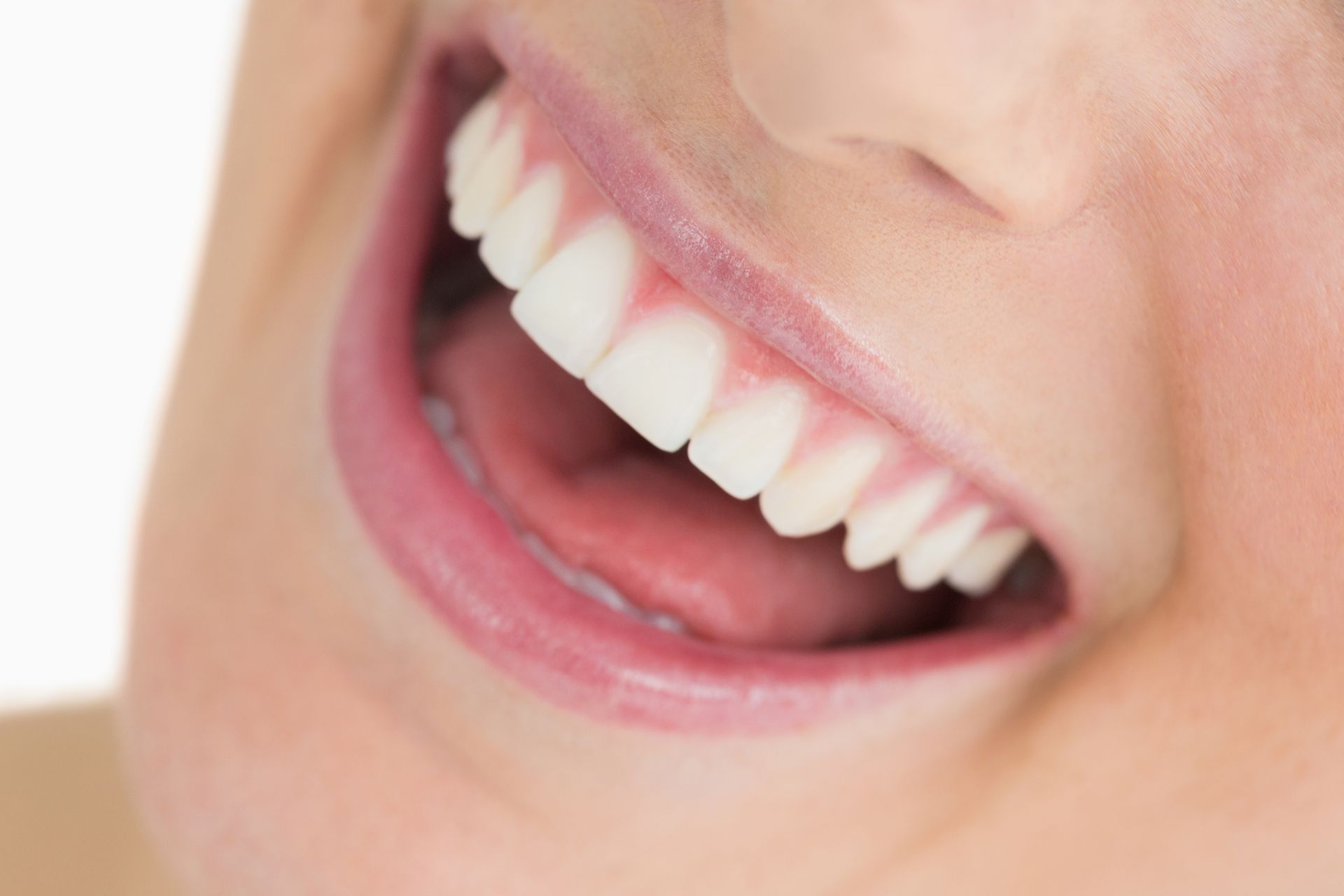3 Hormonal Imbalances That Affect Oral Health

When you think about threats to your oral health, you may envision poor dental hygiene habits, sticky or sugary foods that promote plaque and tartar development, and unchecked infections that can rot teeth. However, other issues such as hormonal imbalances can also impact your oral wellness.
The more you understand the delicate relationships between your mouth and the various hormones your endocrine system produces, the more easily you can recognize these issues in your own life and seek the appropriate remedies. Take a look at three hormonal imbalances that can affect your oral health.
1. Progesterone and Estrogen Spikes
Two female sex hormones, estrogen and progesterone, work together to regulate reproductive system health, development, and function. Your body may produce more of these hormones during puberty, menstruation, and pregnancy. As your estrogen and progesterone levels change, so may your oral health.
A spike in estrogen and progesterone can loosen your teeth while also triggering oral inflammation. This inflammation can make your gums hypersensitive. You may also experience redness, swelling, and bleeding, a condition known as pregnancy gingivitis. Pubescent girls may get painful cankers in their mouths.
The same hormonal imbalances that create inflamed gums and loose teeth can also threaten your oral health less directly. For instance, they can produce a form of nausea called morning sickness. Morning sickness that causes frequent vomiting can damage your tooth enamel, making you more vulnerable to cavities.
Fortunately, these changes in hormonal balance, along with their effects on your oral tissue, should subside following puberty or pregnancy. In the meantime, keep up your dental exams and cleanings. If you plan to become pregnant, complete any necessary dental treatment in advance.
2. Testosterone Deficiencies
The hormone known as testosterone plays a critical role in producing and regulating male sex characteristics and functions. However, as many as five million of American adults may suffer from abnormally low testosterone levels, often as part of the natural aging process. This deficiency can affect oral and dental health.
A study from the American Journal of Men’s Health suggests associations between low testosterone levels and an elevated risk for chronic gum problems such as periodontitis. Another study from the Texas A&M University Baylor College of Dentistry on lab animals indicates that low testosterone can reduce jawbone density, robbing tooth roots of much-needed structural support.
3. Excessive or Deficient Thyroid Hormone
The thyroid gland in your neck releases precise amounts of thyroid hormone, in response to commands from the pituitary gland. This hormone helps to govern a variety of metabolic functions, from bone growth to heart rate. Both too much and too little of it can affect your oral and systemic wellness.
If you suffer from hyperthyroidism, the excessive thyroid hormone production can dry up your salivary glands. The resulting dry mouth can make your teeth more vulnerable to bacteria-related tooth decay. Hyperthyroidism can also promote osteoporosis, which, in turn, could reduce your jawbone density.
Hypothyroidism, or low thyroid hormone levels, can also raise the risk for gum disease. If you have canker sores in your mouth, hypothyroidism can delay their healing. In some people, a thyroid hormone deficiency can cause an enlargement of the tongue called macroglossia. It can even impair tooth development in children.
Fortunately, doctors can correct hyperthyroid or hypothyroid conditions through medication, vitamin D supplementation, and treatment of the underlying cause, such as a tumor or autoimmune disease. In the meantime, pay special attention to your dental hygiene routine to avoid gum disease.
If you have trouble with your teeth, gums, or jawbone density, schedule a consultation with the experts at Desert Dental. We can evaluate the problem, identify underlying causes, administer immediate care, and work alongside other medical professionals as needed to restore your oral health. Contact us today.

